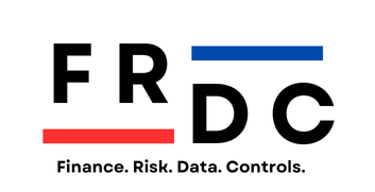Navigating the AI Revolution: What to Expect in the Post-Adoption Phase


The Current Landscape of AI Adoption
The world is witnessing an unprecedented wave of change as artificial intelligence (AI) technologies permeate various sectors. Organizations harnessing the power of AI have transformed their operational efficiencies, customer engagement strategies, and decision-making frameworks. However, as we transition into the post-adoption phase of this AI revolution, it is crucial to address what comes next and how businesses and societies can maximize the benefits of AI.
Emerging Trends in AI Development
In the post-adoption phase, we can anticipate several key trends that will shape the future landscape of AI development. Firstly, businesses will increasingly focus on integrating AI with other advanced technologies such as big data analytics, the Internet of Things (IoT), and blockchain. This convergence will provide deeper insights and enable more informed decision-making. Furthermore, we expect a surge in personalized AI applications, wherein algorithms adapt to individual user preferences and behaviors, enhancing user experience and engagement.
Challenges and Ethical Considerations
Despite the numerous advantages, the post-adoption phase also presents significant challenges that demand attention. For instance, there may be concerns regarding data privacy, algorithmic bias, and the potential for job displacement. As society becomes more dependent on AI, ethical considerations will take center stage. It is crucial for organizations to develop transparency and accountability frameworks to address these issues. This could involve implementing guidelines for responsible AI usage, ensuring fairness, and promoting inclusivity in AI development.
Moreover, collaboration among stakeholders—including technologists, ethicists, policymakers, and the public—will be essential to navigate the complex landscape of AI ethics. By fostering an inclusive dialogue, we can shape policies and regulations that not only facilitate innovation but also safeguard societal values and rights.
In conclusion, the post-adoption phase of the AI revolution promises to be both challenging and rewarding. As businesses adapt to the rapid advances in AI technologies, they will need to focus on integrating these tools effectively while addressing the ethical implications. Through a collaborative approach, we can harness the full potential of AI, ensuring it contributes to a sustainable and equitable future.
